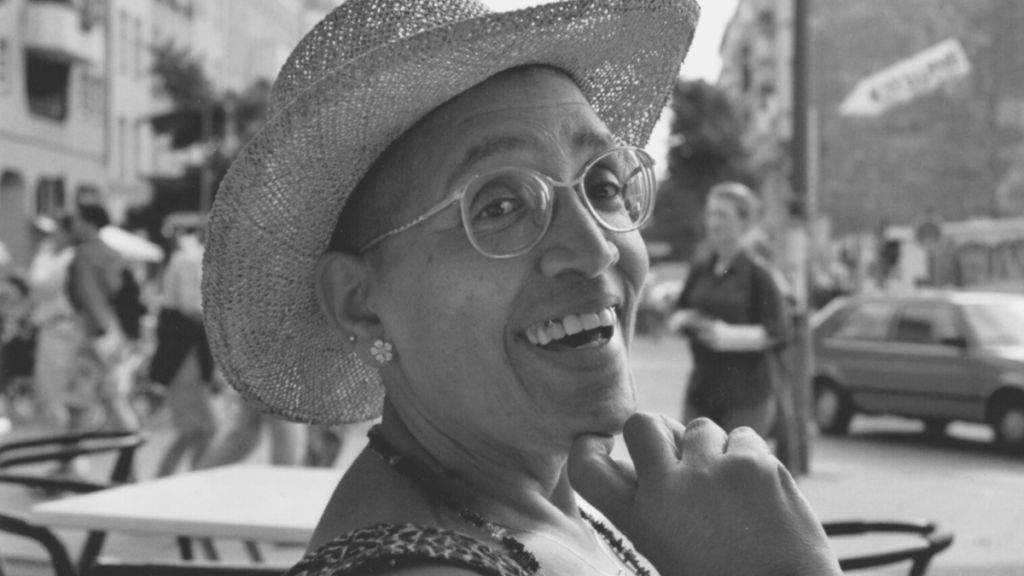Audre Lorde is poetry and poet at the same time – it starts with her name, candidly justified on page 24 of my Penguin Modern Classics edition of Zami: “I did not like the tail of the Y hanging down below the line in Audrey, and would always forget to put it on, which used to disturb my mother greatly. I used to love the evenness of AUDRELORDE at four years of age, but I remembered to put on the Y because it pleased my mother, and because, as she always insisted to me, that was the way it had to be because that was the way it was. No deviation was allowed from her interpretations of correct.”
As it is noticeable, Lorde was never concerned with what was correct – instead, she searched for what was right. Although this is a trademark of her intellectual endeavors, in the delightful pages of Zami, we witness an aspect of Lorde that isn’t necessarily related to her ideas but to her being. This book is basically about what it means to be Audre Lorde, and I was profoundly touched and surprised by how much I could relate to her words.
Amongst the many things that made me feel naked and seen while reading Zami was Lorde’s insights on her loneliness. She describes her loneliness as a musician playing a song, and I couldn’t help but hear it as an old, familiar tune.
In many ways, Audre Lorde is an other to me. She is, by her own take, “black, lesbian, mother” – none are things I can ever conceive to be in this lifetime. But she brings her otherness so close to my heart that I can’t help but feel undressed and mingled in her psyche and emotions. Reading this book, it felt like we shared the same blood and guts. It is a monumental achievement for a writer – and it reassures me about the potency of connecting with other human beings.

